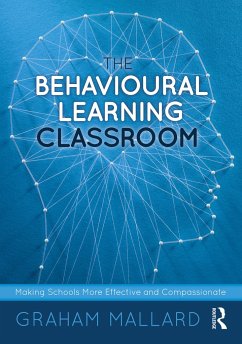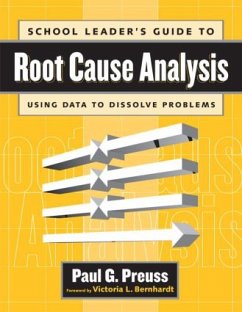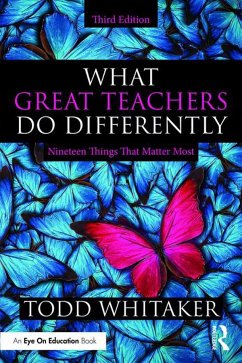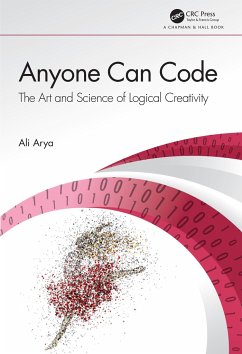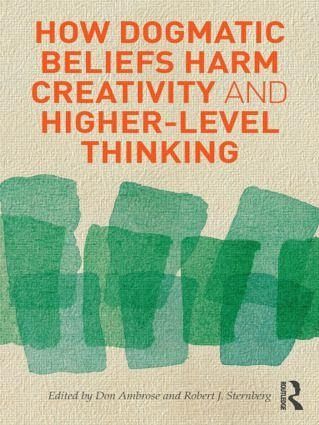
How Dogmatic Beliefs Harm Creativity and Higher-Level Thinking
Versandkostenfrei!
Versandfertig in 1-2 Wochen
64,99 €
inkl. MwSt.
Weitere Ausgaben:

PAYBACK Punkte
32 °P sammeln!
This volume introduces the problem of dogmatism broadly, explores the nature and nuances of dogmatic thinking from various disciplinary perspectives, and applies the gleaned insights to what is known about creativity and the education of creative young minds.





